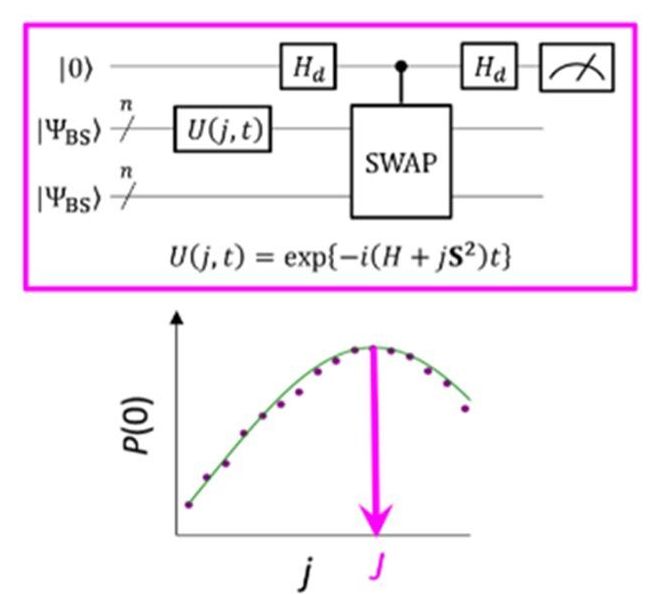Fast-forwarding quantum calculations skips past the time limits imposed by decoherence, which plagues today’s machines.
A new algorithm that fast forwards simulations could bring greater use ability to current and near-term quantum computers, opening the way for applications to run past strict time limits that hamper many quantum calculations.
“Quantum computers have a limited time to perform calculations before their useful quantum nature, which we call coherence, breaks down,” said Andrew Sornborger of the Computer, Computational, and Statistical Sciences division at Los Alamos National Laboratory, and senior author on a paper announcing the research. “With a new algorithm we have developed and tested, we will be able to fast forward quantum simulations to solve problems that were previously out of reach.”





